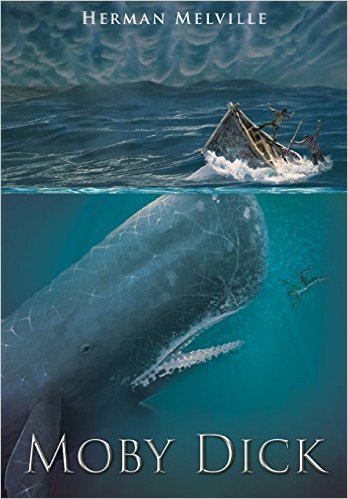We read a lot in my English classes. In spite of that, we rarely address every book I’ve targeted for each particular school year.
Sadly, there’s just not enough time for my students to experience every piece of literature they should have under their belts before they move on to the next grade—and eventually college.
So sometimes I take a short cut and help my students become familiar with one of the classics through a mini-unit based on a movie version of the book, especially with films that stay true to the original themes and plot of the story.
Let me highlight a few of my favorites.
- Ben-Hur: 1959, 3 hours, directed by William Wyler.
Based on the classic by Lew Wallace and set during the time of Christ, Ben-Hur tells the story of a Jewish prince who clashes with an old childhood friend in the Roman Legion. Ben-Hur’s journey through exile, slavery, and grief lead him to a life-changing experience with Jesus of Nazareth. It’s a stirring action/adventure/romance story.The film version of Ben-Hur contains great symbols and motifs that are clear enough, pointed enough, for middle school students to spot and discuss. Also, the story lends itself to discussing important issues of life and faith. - Moby Dick: 1956, 2 hours, directed by John Huston.
Set in 19th century New England, the story follows the whaling ship the Pequod and its crew. The film features Gregory Peck’s memorable performance as the iconic Captain Ahab, some excellent passages and dialogue from Herman Melville’s book, plus the original ending.To add interest, a movie releasing on December 11th, In the Heart of the Sea, tells the true story of the whaling ship Essex on which Herman Melville based his novel. In the Heart of the Sea stars Chris Hemsworth, was directed by Ron Howard, and is rated PG-13. You can be sure I’ll be checking it out! - Last of the Mohicans: 1992, 2 hours, directed by Michael Mann.
Set in the British colony of New York during the French and Indian War, this movie is based on the 1936 film version of James Fennimore Cooper’s novel. The film versions change elements of the novel’s plot but keep the major themes of interracial friendships, the contrast of nature and civilization, and the changing idea of family intact. Since this version is rated R for violence, it is best used as excerpts shown after reading excerpts from the original story. - The Scarlet Letter: 1979, PBS, 4 hours, directed by Rick Hauser.
I highly recommend reading Nathaniel Hawthorne’s The Scarlet Letter with your student and using the movie as enrichment. But if you absolutely don’t have time to fit one more novel into your American literature course, PBS filmed a comprehensive version that faithfully delivers not only the major elements of the novel, but also many of the details.
Other films I’ve used successfully include:
- Silas Marner: 1985, BBC, 92 minutes, directed by Giles Foster.
- Hamlet: 1990, 2 hours 15 minutes, directed by Franco Zeffirilli.
- The Importance of Being Earnest: 2002, 1 hour 34 minutes, directed by Oliver Parker.
- Twelfth Night: 1996, 2 hours 14 minutes, directed by Trevor Nunn.
- Our Town: 2003, 2 hours, directed by James Naughton.
Possible resources for analyzing the novels include:
Then I watch the movie through, taking notes on how the themes, motifs, and symbols show up in the film version. This is the information I use to create teaching power points, worksheets, quizzes, essay assignments, and tests.
The Internet Movie Database makes it easy to find whole passages of dialogue. This enables me to highlight important quotes on my notes and assignments.
Movie Reviews can form the basis for several types of essay assignments. If I assign students to craft a movie review, we read through several examples first. Or I might assign the students to analyze a movie review or contrast two conflicting movie reviews.
Here are some favorite sites for finding relevant reviews:
Renee Ann Smith teaches literature in a Christian high school by day and writes stories by night. She reviews books and shares inspirational posts on her blog Doorkeeper at http://reneeannsmith.com/. You can also find her on Twitter at https://twitter.com/ReneeAnnSmith.

